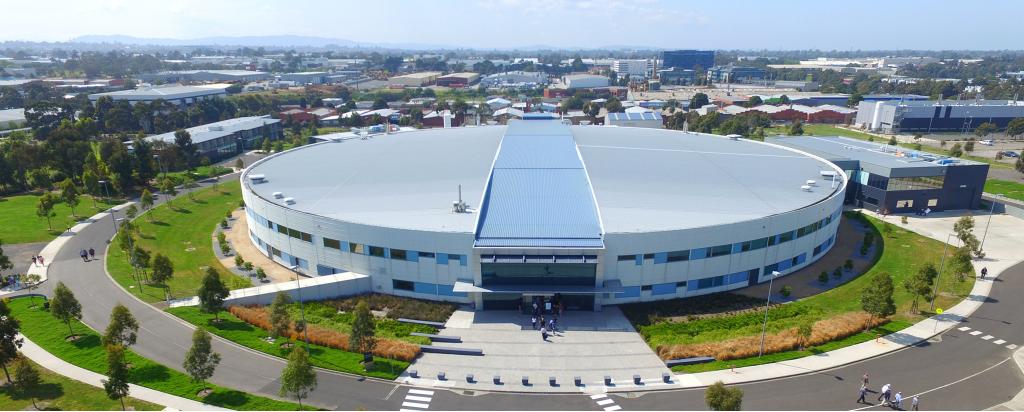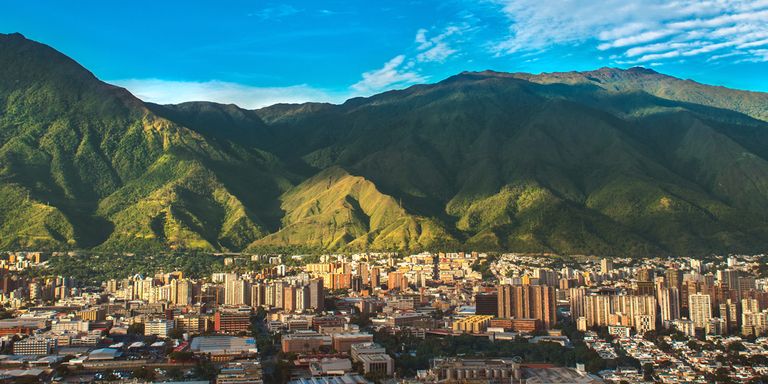Current Affairs – 17 May 2024
Current Affairs – 17 May 2024
Synchrotron
China’s latest scientific milestone, the High Energy Photon Source (HEPS), set to be the first fourth-generation synchrotron light source in Asia, will begin operations by the end of this year.

Venezuela
Venezuela is thought to be the first nation in modern times to have completely lost all of its glaciers.

About Venezuela:
- It is located on the northern coast of South America with its capital located in Caracas.
- Boundaries: It is bounded by the Caribbean Seaand the Atlantic Ocean to the north, Guyana to the east, Brazil to the south, and Colombia to the southwest and west.
- A physiographically diverse country, Venezuela incorporates the northern Andean Mountain chains and interior highlands, the main portions of the Orinoco Riverbasin with its expansive Llanos (plains), Lake Maracaibo, which is the largest lake in South America and the spectacular Angel Falls, the world’s highest waterfall.
- Major Rivers:
- Rio Negro (shared with Colombia and Brazil): 2,250 km. It is a major tributary of the Amazon River.
- Orinoco (shared with Colombia): 2,101 km. It is the third-longest river in South America, after the Parana and the Amazon.
- Venezuela administers several Caribbean islands and archipelagos, among which are Margarita Island, La Blanquilla, La Tortuga, Los Roques, and Los Monjes.
- Since the early 19th century, Venezuela has claimed jurisdiction over Guyanese territory west of the Essequibo River, totaling some 53,000 square miles (137,000 square km)—nearly two-thirds of the land area of Guyana.
- Resources: Venezuela is home to the world’s largest oil reserves as well as huge quantities of coal, iron ore, bauxite, and gold.
- Languages: Spanish (official) 98.2%, indigenous 1.3%, Portuguese 0.1%, other 0.4% (2023 est.)
- Currency: Venezuelan bolívar